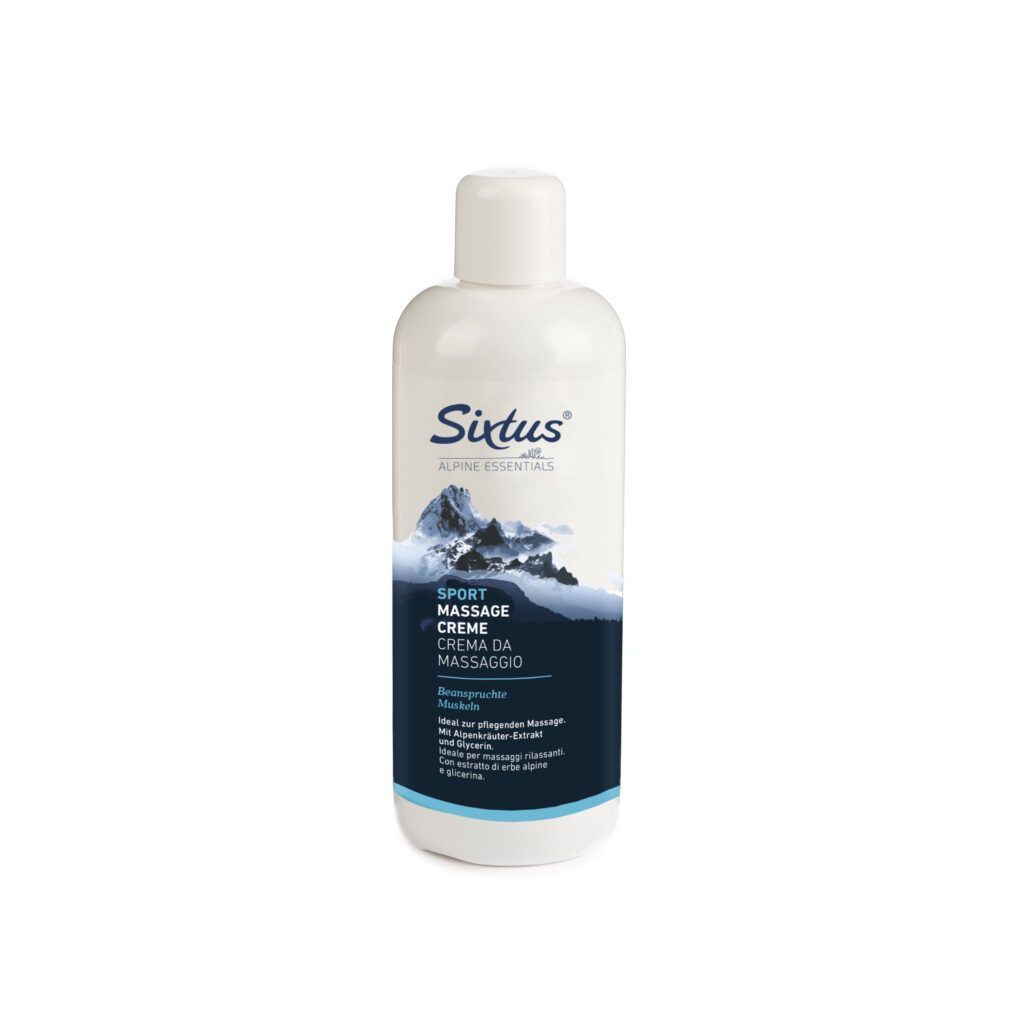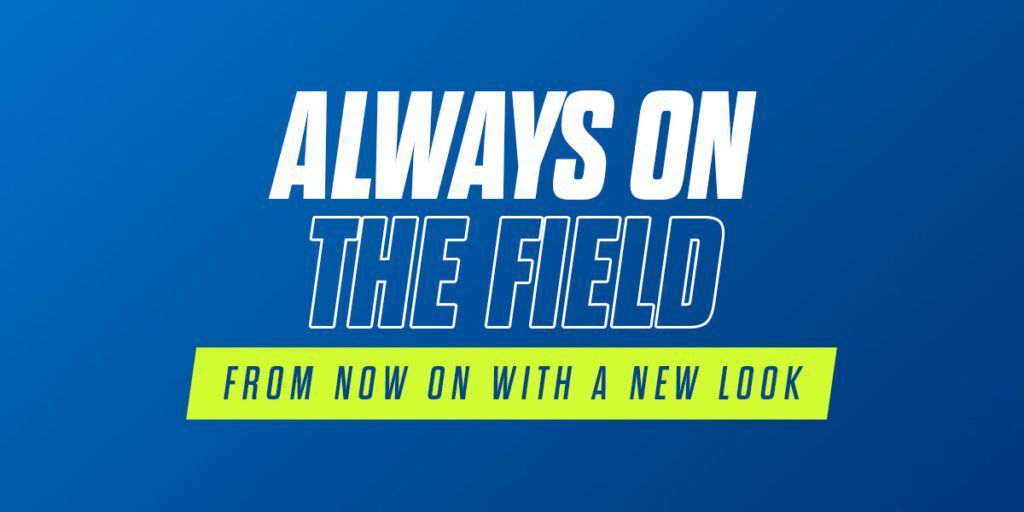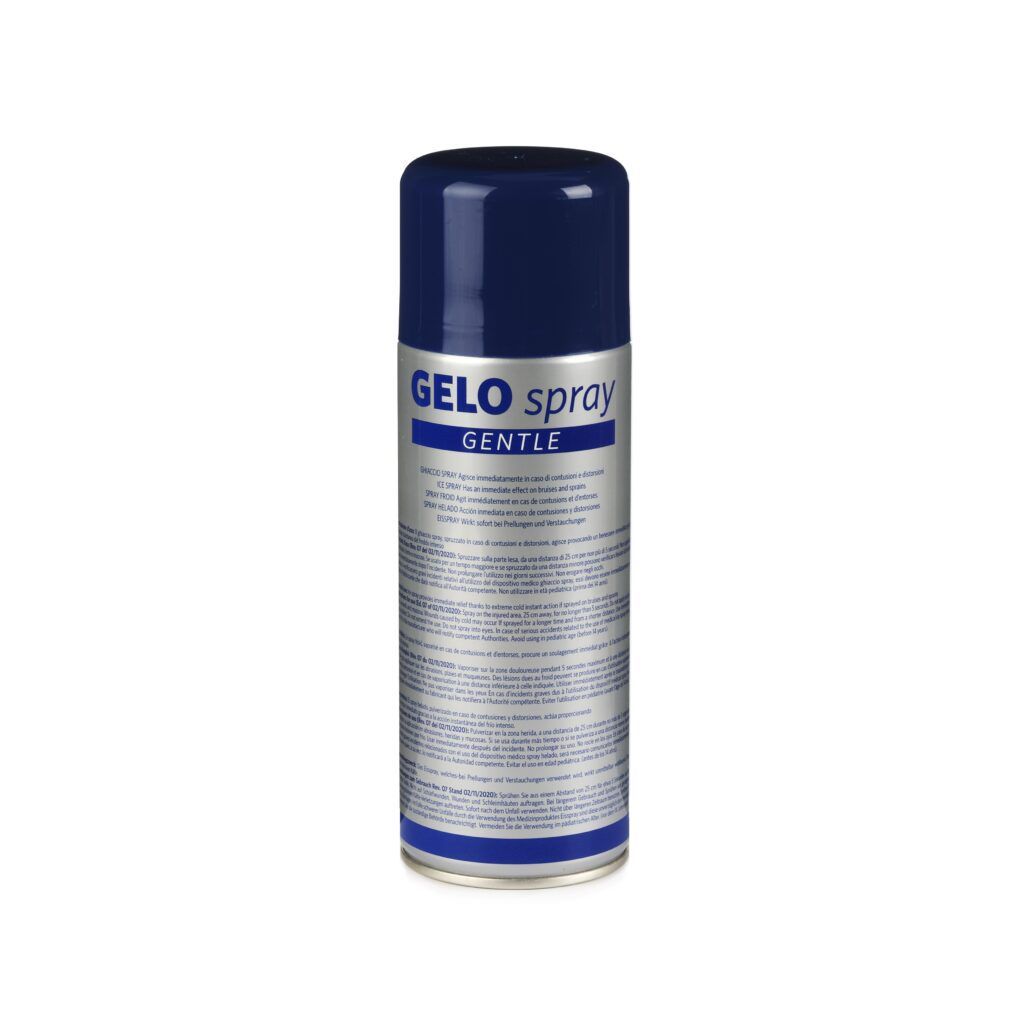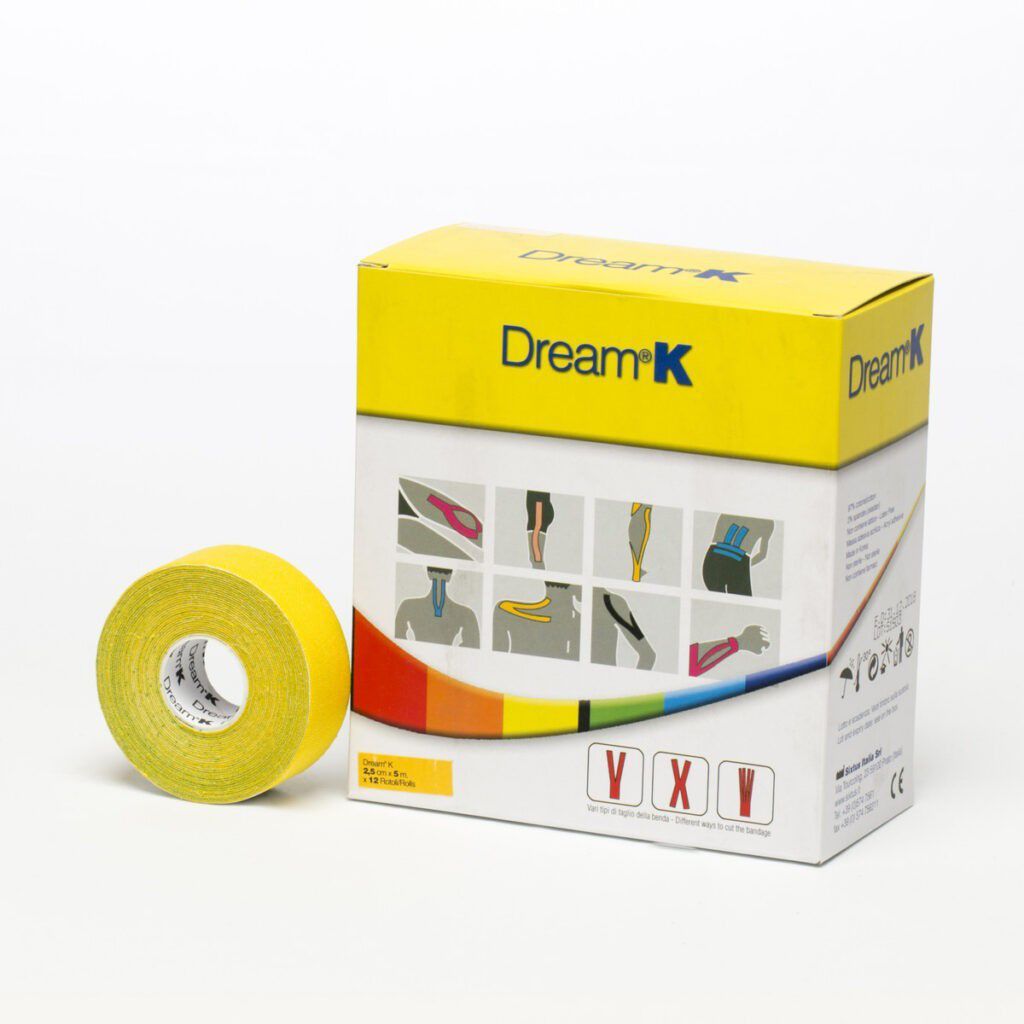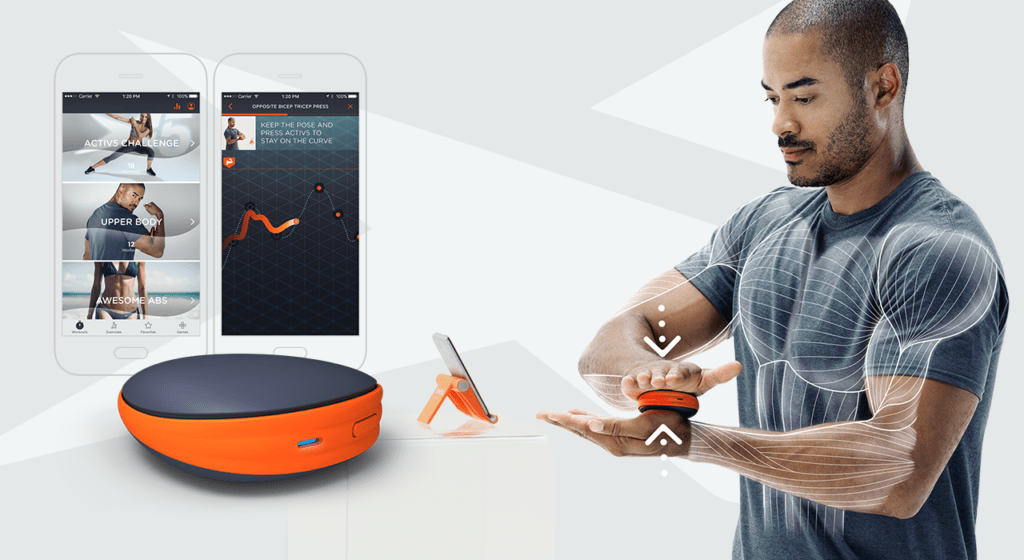News and Curiosity
Sports supplements for athletes with celiac disease
Proper sports nutrition is essential to restore lost energy and recover effectively after physical exertion. Training routines vary from person to person, and so does diet: an athlete’s proper diet depends on individual needs as well as the type of sport practiced. This is particularly true for athletes with celiac disease, who must follow a very specific dietary regimen without sacrificing the nutrients needed to replenish energy. Celiac disease, as we know, prevents the consumption of gluten-containing foods, a protein found in wheat and several other grains. Gluten is present not only in carbohydrate-rich foods, which are important to eat before training, but also in some sports supplements. So what can an athlete with celiac disease safely consume?
What should a person with celiac disease eat?
Can someone with celiac disease compete at a high level in sports? Absolutely! Celiac disease is a common condition, characterized by a chronic inflammatory disorder, but it does not negatively affect athletic performance. The key is to follow a proper diet, which should not be limited to eating the same foods every day, but instead include a variety that meets all nutritional needs. Celiac athletes can rely on a wide range of gluten-free products that meet their nutritional requirements and are comparable to traditional products. They must choose substitute foods that satisfy their calorie, vitamin, and mineral needs without compromising nutritional value.- Complex carbohydrates: found in rice, quinoa, millet, potatoes, and corn; provide slow-release energy.
- Proteins: found in lean meats, fish, eggs, legumes, and tofu; essential for muscle growth and repair.
- Healthy fats: found in extra virgin olive oil, nuts, seeds, and avocado; aid recovery and reduce inflammation.
- Vitamins and minerals: found in fresh seasonal fruits and vegetables; important for immune support and metabolism.
Sample daily menu for a celiac athlete:
Breakfast- Rice flake porridge with fortified plant-based milk
- Fresh fruit (kiwi, banana)
- A handful of almonds
- Gluten-free energy bar
- 100% orange juice (Vitamin C to improve iron absorption)
- Quinoa with grilled chicken and steamed vegetables
- Spinach salad with pumpkin seeds (rich in zinc and iron)
- Raw extra virgin olive oil
- Gluten-free yogurt with berries
- A teaspoon of honey
- Baked salmon fillet with boiled potatoes
- Sautéed broccoli
- Whole-grain gluten-free bread
- Milk or plant-based drink with unsweetened cocoa
- Mixed nuts
Supplements for celiac athletes: what can they use?
Sports supplements do not replace a proper diet but can be valuable allies to increase energy or build muscle. They provide nutrients that help fill any gaps in an athlete’s nutrition. For athletes with celiac disease, however, caution is needed. Many supplements contain minerals, proteins, potassium, carbohydrates, and vitamins, macronutrients essential for athletes, but their gluten or wheat starch content can pose risks. Sports supplements for celiac athletes must generally contain less than 20 ppm (20 mg/kg) of gluten. The most important supplements for celiac athletes are those that provide a consistent supply of vitamins and minerals, particularly:- Iron: essential for oxygen transport and energy levels;
- Folate: needed for DNA synthesis and cellular recovery;
- Vitamin B12: crucial for energy production and nervous system function;
- Vitamin D: supports bone and muscle health;
- Vitamin K: Important for blood clotting and bone health.

